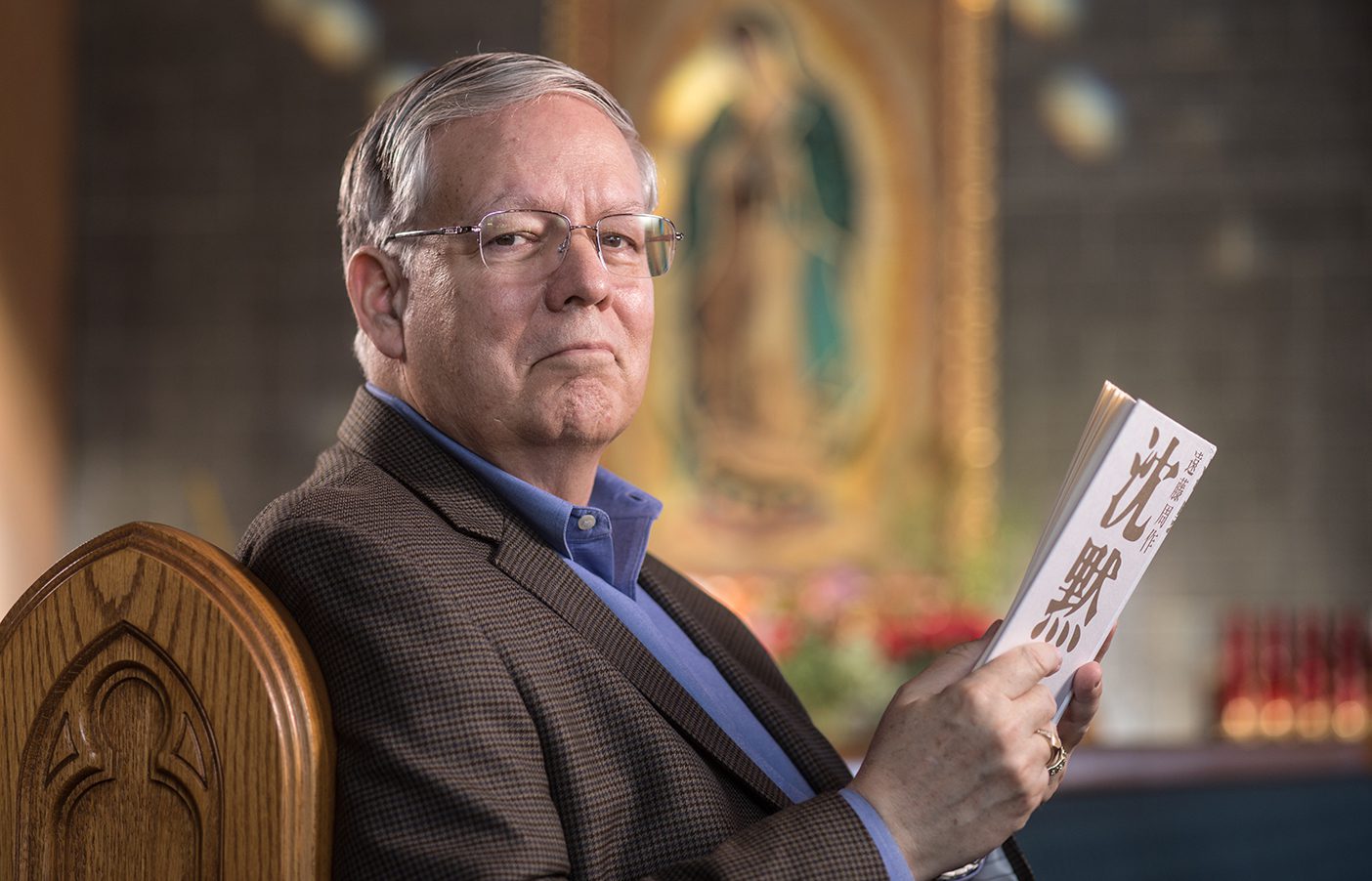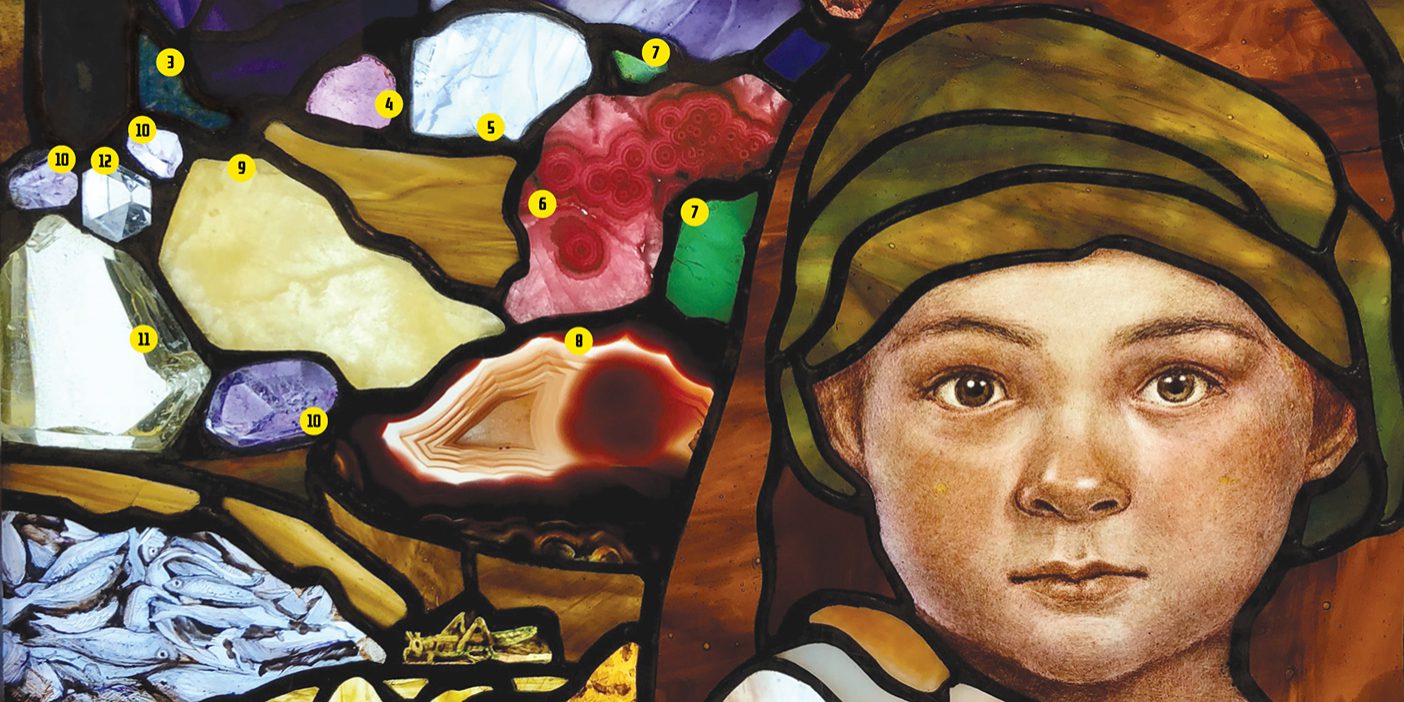
When BYU Japanese professor Van C. Gessel first wrote to Shūsaku Endō, one of the top-selling writers in Japan, Gessel was, in his words, “a nobody graduate student.” He’d been inspired by Endō’s most famous novel, Silence, and had written a fan letter in response, mentioning his desire to someday translate one of Endō’s works. The author shocked Gessel with a response—and permission to go ahead.
In the 45 years since, Gessel has spent his life working with Endō and his literature. As Endō’s friend and official translator, Gessel has translated eight of Endō’s works—six novels and two collections of short stories. His expertise has led to a commendation from Japan’s foreign minister and an advising role on the Martin Scorsese adaptation of Silence. Last September Gessel received an imperial decoration, the Order of the Rising Sun, one of Japan’s highest honors awarded to non-Japanese citizens.
“God . . . wants to forgive our human weaknesses and help us get back on our feet.” —Van Gessel
Gessel’s journey with Endō began after he served a mission in Japan. “When I read [Endō’s] Silence in English . . . and read about a missionary who struggled to convey the message of Christianity to the Japanese, I thought, ‘I believe I can relate to this,’” Gessel says.
In graduate school Gessel studied Japanese literature and read Silence in its original Japanese for the first time. He was touched by Endō’s depiction of a loving and merciful Christ. Most Japanese Christians view God as harsh and stern, Gessel says, but for Endō “God . . . is someone who wants to forgive our human weaknesses and help us get back on our feet when we make a mistake.”
Before Endō’s death in 1996, the two developed what Gessel calls “a fun and personal relationship.” At one time they even performed together in a Japanese amateur theater company that Endō created. Endō continued to have a role in Gessel’s life even after he died. For the movie adaptation of Silence, Gessel advised on everything from the look of 17th-century Japanese boats to what Endō meant in particular passages. Gessel provided key guidance for interpreting the film’s climax (warning: spoilers ahead).
In the story Japanese officials threaten to continue torturing a group of Christians unless Rodrigues, a Portuguese priest, renounces his faith by trampling on a picture of Christ. Rodrigues desperately prays but is met with silence. Devastated by the Christians’ pain, the priest lifts his foot to trample on the depiction of Christ. As he does, the picture of Christ begins to speak.
This is where Gessel comes in. In the published English translation of the book (not translated by Gessel), Christ’s words are full of anger and frustration, a harsh demand to “Trample!” But Gessel explained to Scorsese that Christ’s tone in Endō’s original text is gentle consoling: “Go ahead now. It’s all right. Step on me. I understand your pain. I was born into this world to share men’s pain. I carried this cross for your pain. Your life is with me now. Step.”
Gessel says he was grateful to help the movie better reflect Endō’s depiction of divine mercy, a message that has played an important role in his own life. Gessel credits Endō with helping him “shape a more specific and more personal sense of who Christ is, a recognition that has been helpful to me for the last 45 years of my life.”












